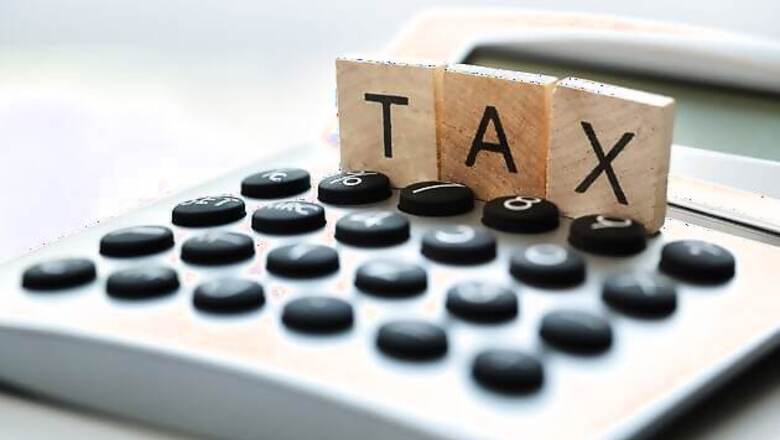
views
Rise in stock markets invariably is accompanied by spurt in volumes. However it can further go up, if the investors and traders are offered lower transaction charges. Transaction charges do account for taxes which are levied on the transactions. No wonder, brokers are vocal about cutting down the transaction charges to boost volumes.
In equity market security transaction tax is levied on buy or sell transactions initiated by the market participants, depending upon the market segment (cash, derivatives) and the type of transaction (intraday, delivery). STT is the most efficient tax from the point of view of collection and administration of tax. After introduction from 2004, STT has been around and has inflated the transaction costs. Brokers are vocal about reduction in the STT. For FY 2014-2015 budget expectations for STT was at Rs 5,991 crore as against actual collection of Rs 4,940 crore by December 2014. The target is likely to be over-achieved by the end of the financial year.
Brokers are also demanding lower tax on short term capital gain earned on investing in equities. Currently short term capital gains are taxed at 15.45%. Short term capital gains are defined as those gains arising out of investments sold in less than one year. Long term capital gains on equities, gains arising out of investments held for more than one year, are tax-free.
Commodities transaction tax (CTT) is another tax faced by commodity brokers. There is a demand to bring it down to Re one per crore of trading and use the proceeds from CTT to improve warehousing and infrastructure facilities.
There is also a demand for introduction of commodity options in commodity exchanges in India. Brokers demand for zero CTT on commodity options, when launched, to boost volumes on the exchanges.
Brokers have to pay service tax on the brokerage charged to the client. This further inflates the transaction costs for the end traders and investors. Brokers demand a cut in rate of service tax from extant 12.36 per cent.















Comments
0 comment